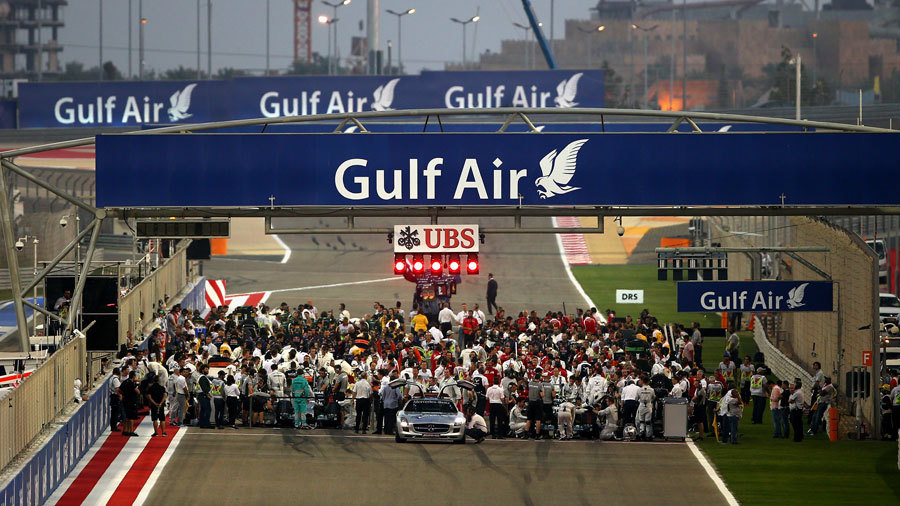- Sauber
Policing a budget cap 'not difficult'

Sauber team principal Monisha Kaltenborn has rejected arguments that a Formula One budget cap would be impossible to police.
On Thursday F1 team bosses met with the FIA to discuss cost-cutting going forward after plans for a budget cap in 2015 were vetoed last month by the majority of the Formula One Strategy Group. Some of the smaller teams, which are not part of the Strategy Group, have called for a budget cap to be reconsidered but talks are still ongoing.
One argument against a budget cap, often put forward by Red Bull, is that it would be difficult to police effectively, with manufacturer teams able to share development costs with their road car divisions. But Kaltenborn says the concerns over policing are entirely misplaced.
"That's an argument I really cannot understand," she said before the meeting on May 1. "As far as I know in England you do have bookkeeping, and they are based in England, and you also have to submit your results. I think they know how to keep books and how to put figures in there, and I assume everybody sticks to the laws there when you are given these kinds of figures. So we have already worked out quite a good basis on how you can quantify the different positions and what the principles are.
"The tricky part of it is what you do with inter-company transactions, but that is nothing new to Formula One, nothing new in the world, and there are other areas where this is done and other sports where this is done. It doesn't take rocket science to get that in there as well. What really matters is not only a good system, which is not difficult to do, but the penalties you put on.
"You need, of course, an authority to control it, but you don't always have to suggest that everybody is going to be cheating and that you will always need a control there. How often do books and companies get checked? After years you have a revision and auditors coming in to check, so why should it be different?
"Every time I get this feeling that people think all the time people will be checking, but how many times did we do it under the RRA [Resource Restriction Agreement]? Not once. So you shouldn't always look at the worst case and suggest there is going to be constant checking."
Kaltenborn said an effective system would need to have harsh punishments to keep the teams in line.
"If you had that system, you need penalties that are harsh. It's like when you are driving and you are speeding, if the penalty is £10 you will probably do it, but if you know it costs £10,000 you are not going to do it. You just need to have, not draconian, but the right kind of penalties.
"Then you need to have the certain amount of natural circulation of people [between teams], so that if somebody is doing something wrong - like if I constantly had a 1:1 car in the windtunnel - and somebody sees that they would go and say somewhere else - there would be this whistleblowing as well. So it's absolutely doable, and one should not always come from the position of 'you can't do this and you can't do that', because actually you can."
Kaltenborn believes a budget cap could be based on a set of financial regulations that would stand alongside the current technical and sporting regulations.
"Look at the penalty system we have now, maybe we don't have to change it that much [to bring ina budget cap]. If you have a set of financial regulations, it would be just like the sporting and the technical regulations. Maybe you could even treat them the same way. Maybe you would have a catalogue of penalties that any judge can choose from. That's like the real world out there. Sometimes people try to make Formula One look so complicated, but actually the situations are very similar to the real world."